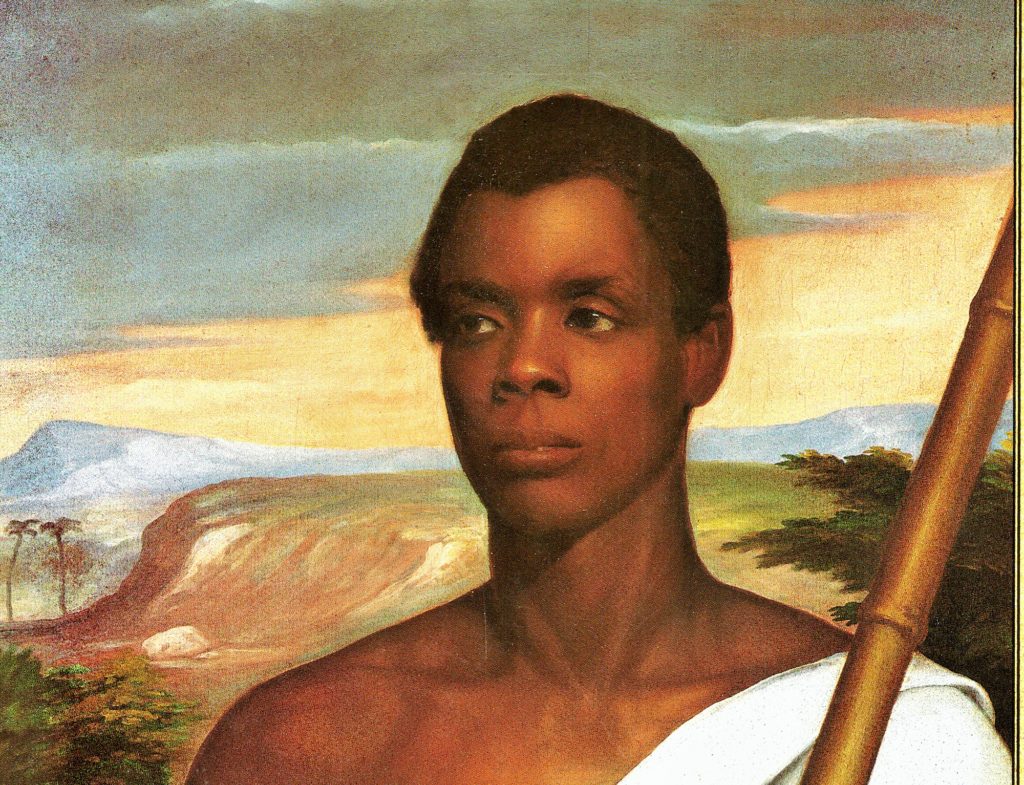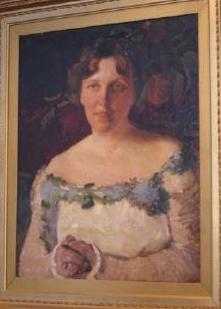“The Halcyon Days of New England are Past”
After the Revolutionary War, the town became a trading center, selling Yankee wares in the South and importing goods from as far away as China. Townspeople began wearing silks and satins, buying luxuries such as pianos and phaetons — light horse-drawn carriages — and spending money on fine new homes.
There was more time for recreation, and the Puritan rules of the past were forgotten. Not everyone was pleased with the changes. Deacon Richards lamented, “The halcyon days of New England are past.”



